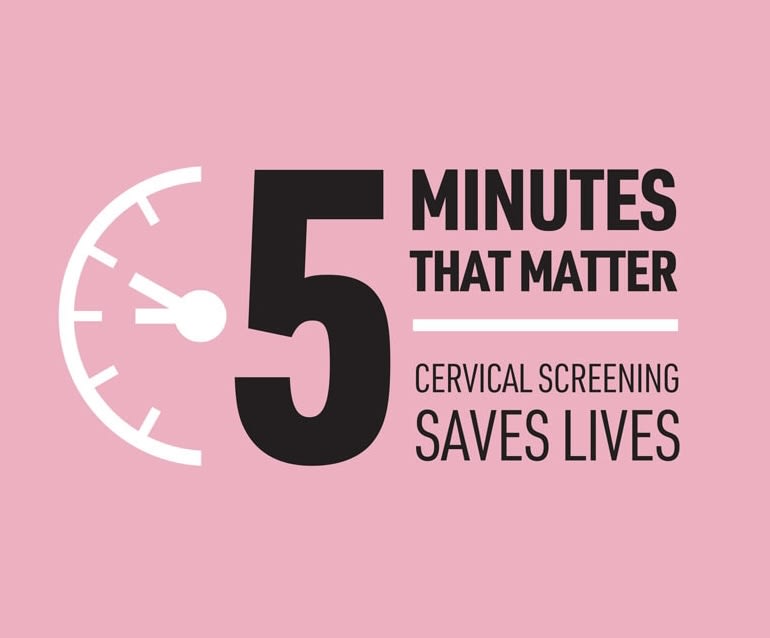The Department of Health and Social Care with the support of NHS England and NHS Improvement, has launched a major new national campaign, Help Us Help You – Cervical Screening Saves Lives, to increase the number of those eligible attending their cervical screening.
The campaign is a reminder that if you have a cervix and have had any kind of sexual contact, with people of any gender, you are at risk of cervical cancer.
Latest figures from March 2021 show that...
- Nearly a third (30%) of eligible individuals - women and people with a cervix aged between 25 – 64 - were not screened.
- Around 2,700 women are diagnosed with cervical cancer in England each year and approximately 690 women die from the disease – around two deaths every day. Previous estimates suggest screening prevents 70% of cervical cancer deaths, but 83% of deaths could be prevented if everyone attended regularly.
- Embarrassment was the most common reason for not booking a screening appointment (42%) and almost two-thirds (63%) said they were nervous when they did attend
To tackle these barriers and help drive uptake, a new film has been released featuring drag queen Victoria Scone, Loose Women panellist Linda Robson, TV personality Scarlett Moffatt, presenter Louise Minchin and Love Island’s Sharon Gaffka, alongside GP and media medic, Dr Zoe Williams. Through ‘life saving conversations,’ they tackle the barriers to attending cervical screening and encourage those eligible to book their appointment when invited.
The campaign will emphasise that screening, which only takes a few minutes, can help stop cervical cancer before it starts. Cervical screening checks for high-risk types of the Human Papilloma Virus (HPV), a common virus that most people will get at some point. While for people with high-risk HPV the risk of getting cancer is low, any abnormal changes can be identified early. Cell changes are easily treated, and this prevents cervical cancer. That is why attending screening appointments is so important.
Cervical screening only lasts a few minutes, and you only have to go once every 3 or 5 years depending on your age. It’s a few minutes that could save your life.
For further information about cervical screening, please visit www.nhs.uk/cervicalscreening.









